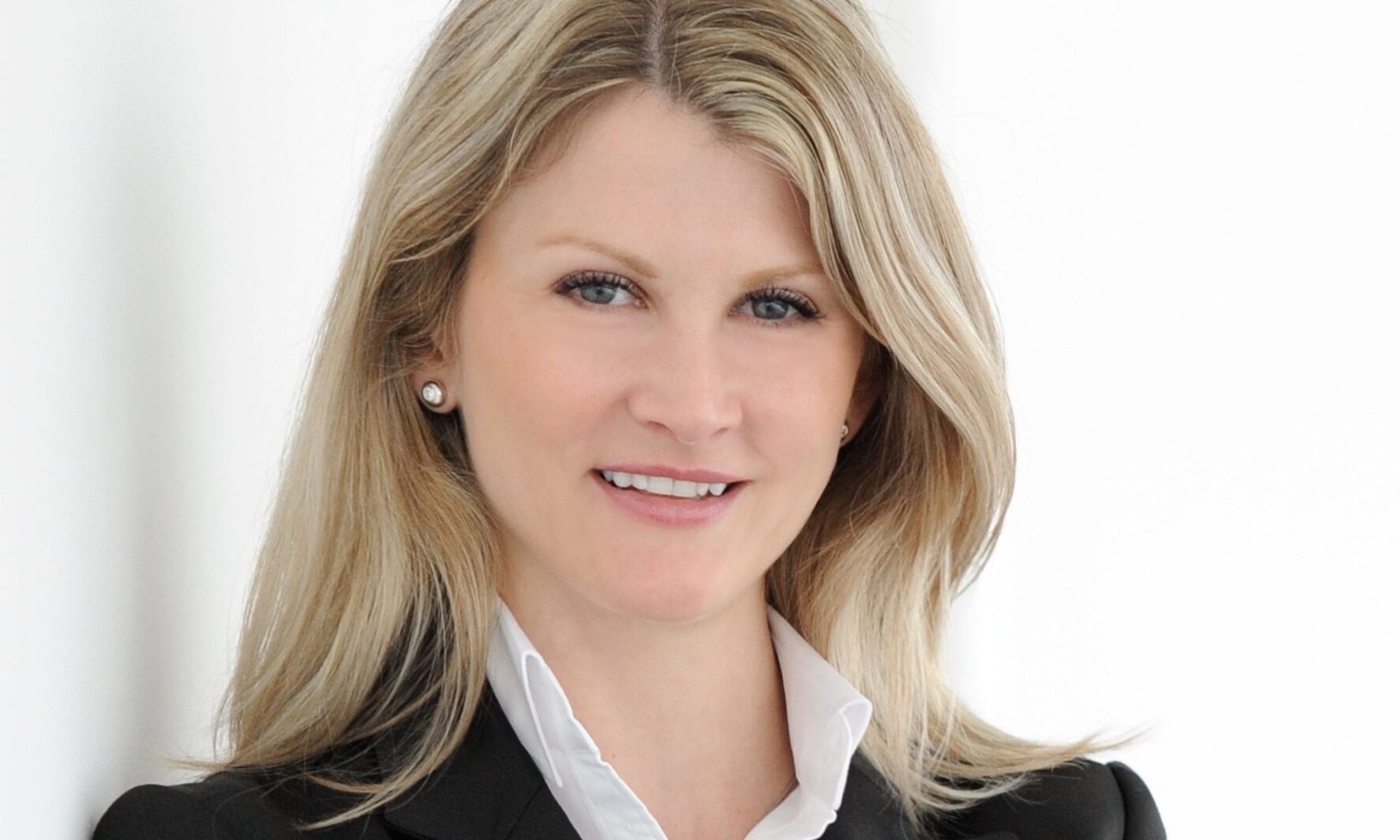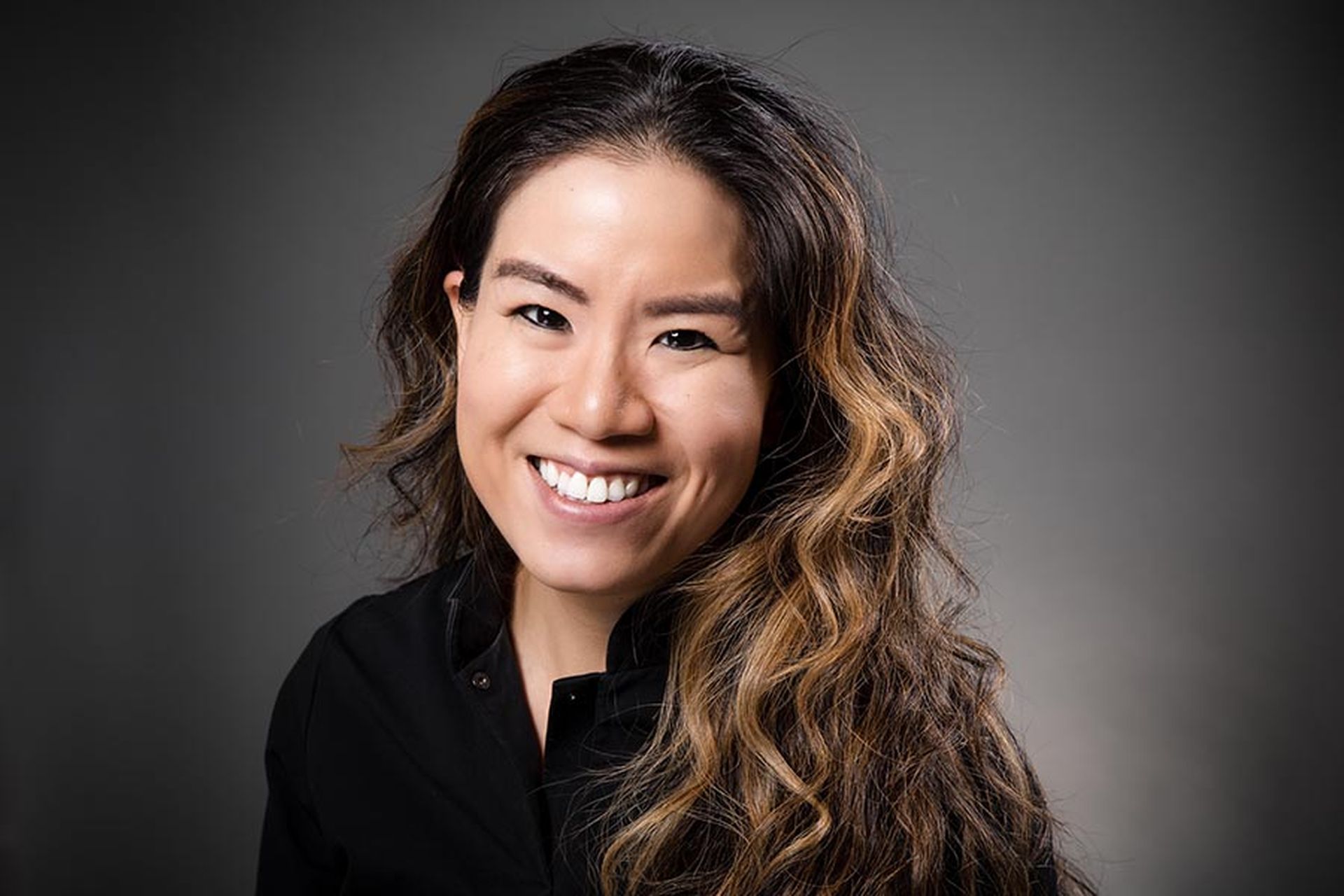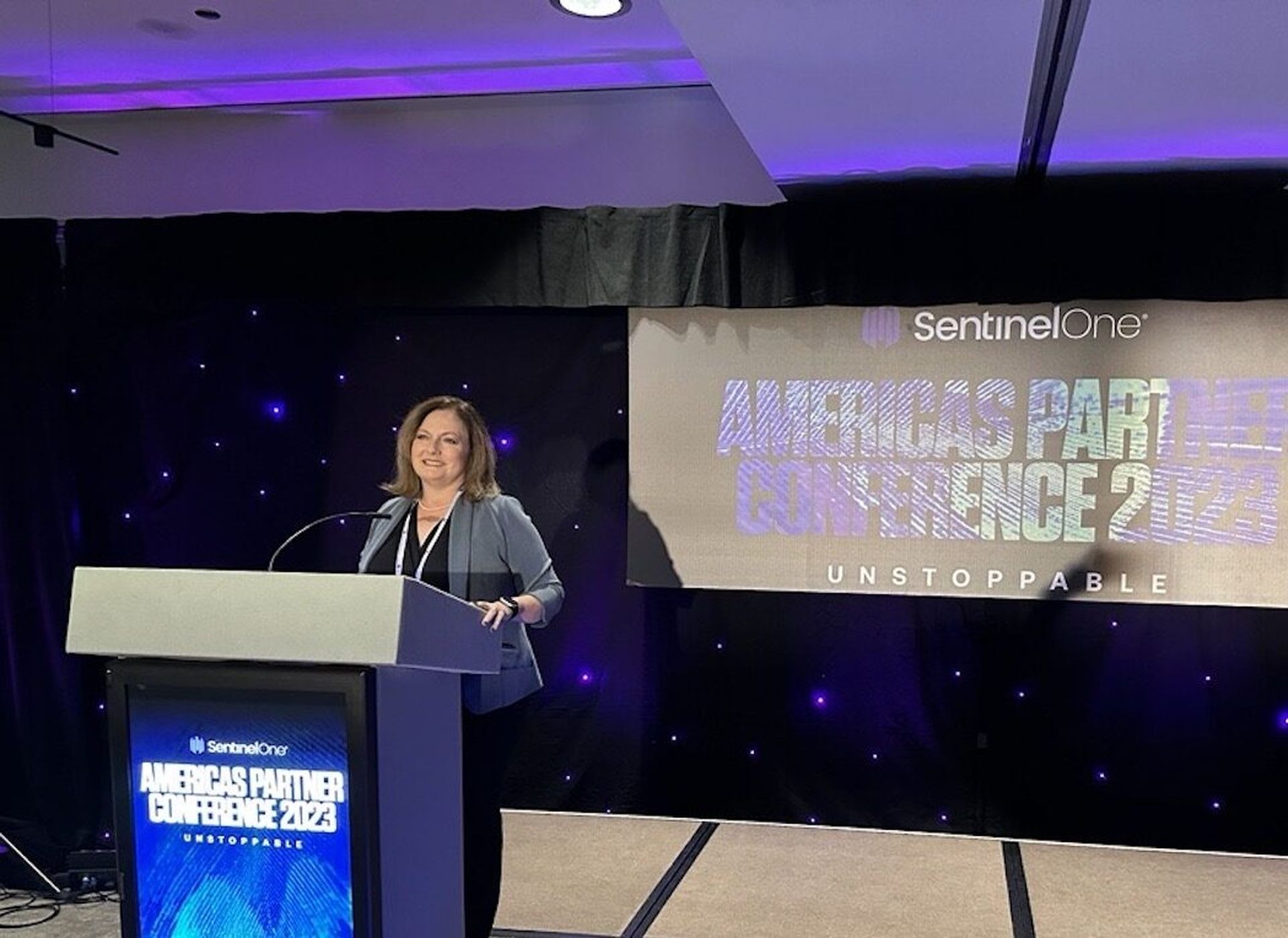
There is still a great deal of work needed to reshape even the very basic cultural biases that inform what leaders, founders, and technology experts look like, which starts by putting greater effort into ensuring more women are represented.
“We have to change the perception of what we see as a leader in the world; more specifically, in technology and cybersecurity,” says Galina Antova, chief business development officer of Claroty, a company she co-founded with three other leaders in 2015.
Click here for full coverage of the 2022 Women in IT Security.
Despite her success and expertise, Antova is often asked what her role is at her company. At a recent event held for VCs and founders, most of the people asked her that same question. While there was no ill-intent, it reflects the conditioning of culture that dictates a CEO, leader, or founder is male. She added that “It's so natural to hear, ‘Oh, wow, you're the founder.’”
In similar exchanges with male founders, she found that the line of questioning never comes up.
“I have so many female friends that are CISOs. They tell me all the time, ‘We talk to vendors, and vendors assume that we're not technical.’ So we have this slogan: ‘When you talk to me, assume that I'm technical. When you talk to me, assume that I'm the CEO,’” said Antova.
The viewpoint is often rooted in unconscious bias, something that plays into all of our lives but is further heightened in the professional world. To Antova, breaking down those biases starts with awareness, while simultaneously working to ensure greater representation in those roles.
When Antova started in industrial cybersecurity more than 10 years ago, she knew of fewer than 10 women involved in the field. Of course, “It's no surprise that more younger women don't aspire to have those careers because we just simply don't see enough representation. And when women are better represented in those roles, everyone benefits.”
“A lot of what we see in the world we learned from our childhood, growing up, the first job: it anchors our minds to what is leadership and who is leading those positions,” she explained.
It starts with advocates bringing women and others to the table who lack the benefit of being in the majority. Whether it’s a meeting with a client or promoting a new tool, Antova stressed the importance of raising up someone who has the capability but lacks the self-promotion or voice to rise to the level their talent deserves.
“The bottom line is that you have to invite them. The people in power have to open up the gates a little bit and invite the people who don't have power to sit at the table,” she added. There’s an overwhelming need for “the existing power structures to effect change.”
For women, Antova stressed that even with “all the good intentions,” “if someone isn’t opening the door for you, inviting you to have the power, or even giving you the power, your success will be limited.” Thus, women need to have a strong filter for what confidence looks like and how much power or position they should be requesting.
“We live in a world that has a certain threshold of confidence, unfortunately, mainly by men.” As such, Antova takes the stance that in life, women should consider what a man would do in a particular situation:
“There are plenty of times men raise their hand to say, ‘I'm going to take on this project,’ and they literally have no idea what the project is about. Or they'll say, ‘I'm confident that we can do X, Y, and Z’, and they have no idea how to do it, but they figure out a way to deliver it,” she explained.
“In order to get a chance at competing, you have to push yourself to have that confidence and figure out how you're going to deliver,” Antova continued. “It's going to take time to calibrate what confidence looks like across both genders and minority groups. Until it happens, you have to calibrate at the same level as the majority” to be in the game and make greater progress."



